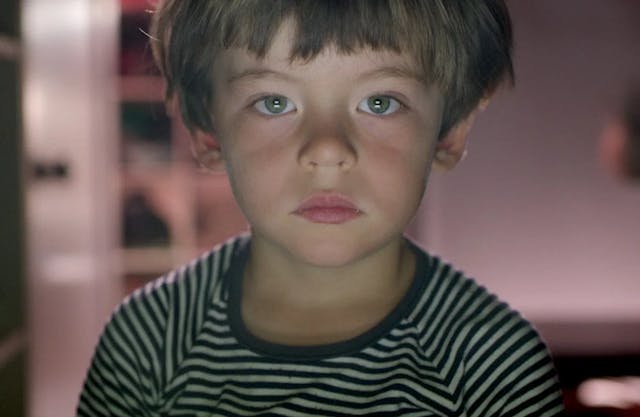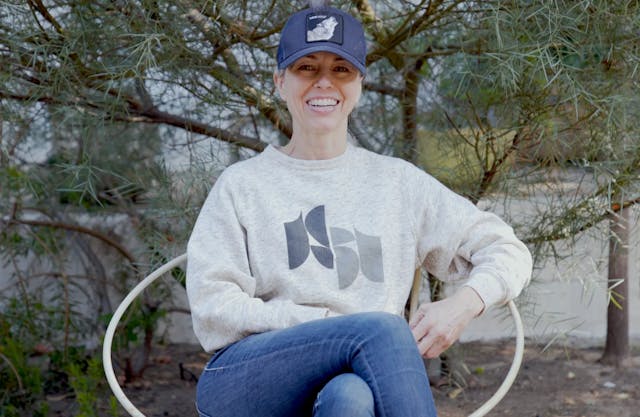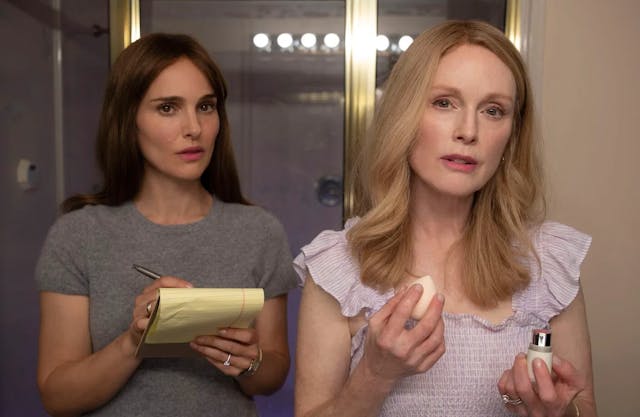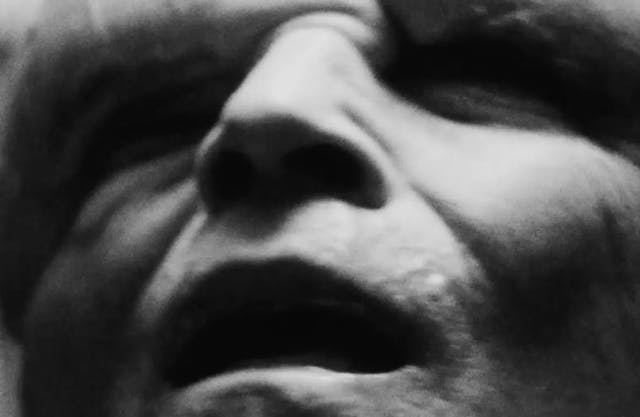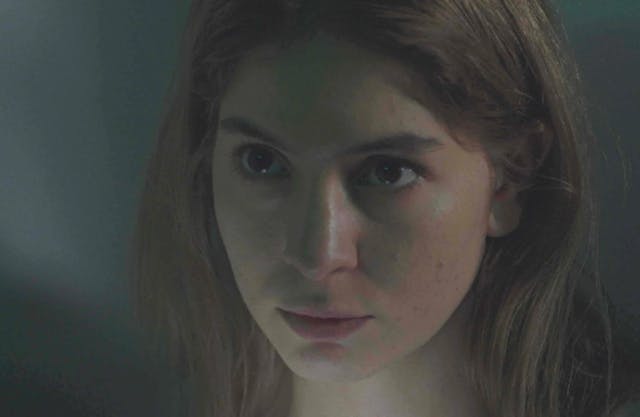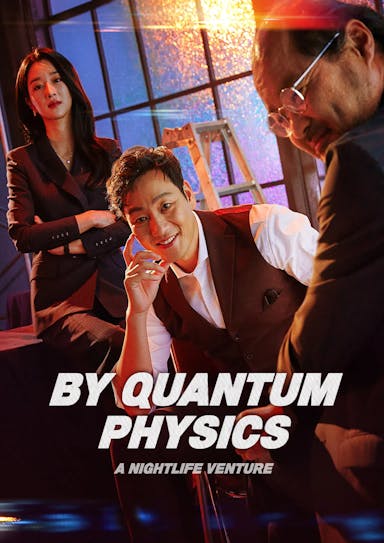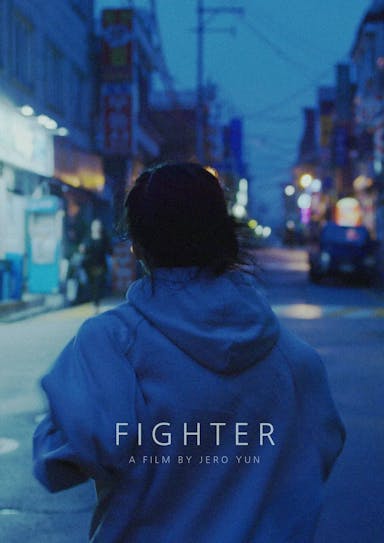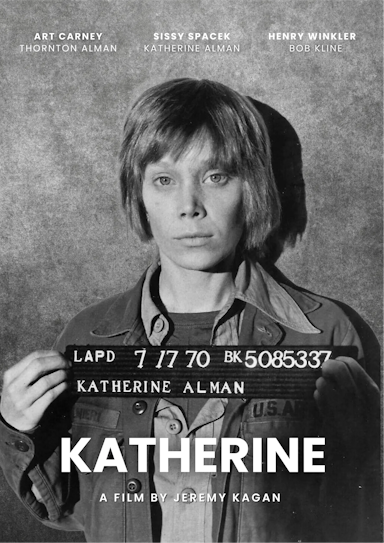Sebastian Silva's "The Maid": Irresistible Chilean Art House Comedy

Chile is having a moment as the prime supplier of Art House fare from Latin America. This summer, you can catch the political thriller “Chile ‘76” (Manuela Martelli, 2022) and the ecological fable “The Cow Who Sang a Song into the Future” (Francisca Alegría, 2022) on the same day. Why now? Is there something in the water down there? Not really. In our recent interview with director Francisca Alegría, she connected the cinema boom with a post-dictatorship urgency to tell stories and the opening of film schools within higher education institutions.
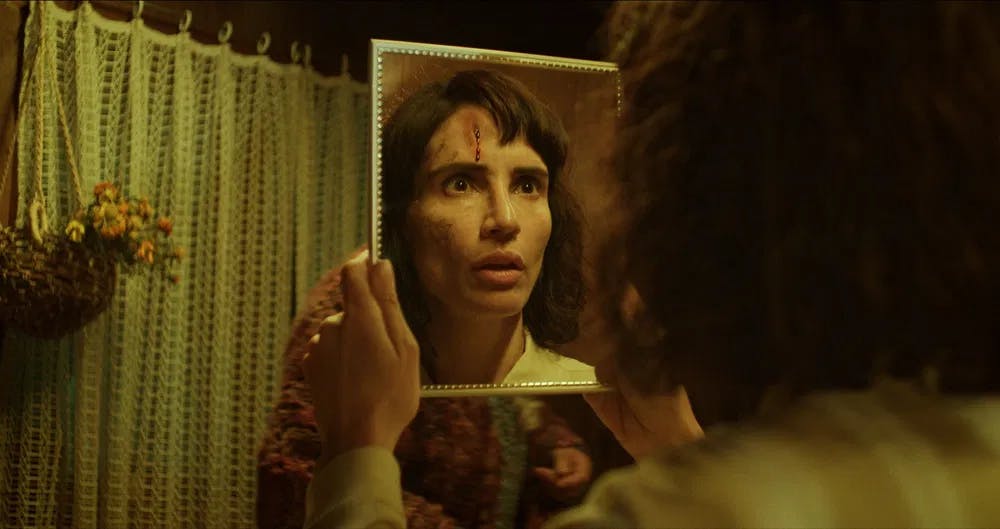
Leonor Varela faces herself in "The Cow Who Sang a Song Into the Future" / Photo courtesy of Kino Lorber.
Those two theatrical releases are culturally unique, but other Chilean filmmakers have learned to play in Hollywood. Sebastián Lelio remade his "Gloria" (2013) with Julianne Moore right after winning an Academy Award with "A Fantastic Woman" (2017). Pablo Larraín's first film in English was "Jackie" (2016), a biopic contemplating Jackeline Kennedy on the day of her husband's assassination and weathering the political and personal aftermath. Imagine that, a foreign cineast tackling the most American of icons. How is that for a flex? Now, it's common to see a Chilean name in the credits of American indie movies.
Far from a flash on the pan, Chilean filmmakers have been building momentum for a while. Like the Larraín brothers, Sebastian Silva was there from the beginning. In a maneuver that contrasts with his peers, instead of migrating to Hollywood, he brought US talent to his territory for "The Crystal Fairy and the Magical Cactus" (2013), with Michael Cera and Gaby Hoffman as a pair of ugly American expats searching for human connection and hallucinogenic substances abroad. After that, he jumped to the US for a string of indie movies in English, like "Nasty Baby" (2015) and "Tyrel" (2018). This year, he digs into self-referential humor with "Rotting in the Sun" (2023), which premiered at Sundance. It is now available to stream at MUBI.
At home with "The Maid"
As the Chilean New Wave reaches its peak, it is time for American audiences to (re)discover Silva's breakthrough film, “The Maid” (2009). This timeless dark comedy won the Grand Jury Prize at the World Cinema Dramatic Competition at the 2009 Sundance Film Festival and a Special Jury Prize for lead actress Catalina Saavedra. It also got nominated for the Best Foreign Language Golden Globe.
Saavedra stars as Raquel, a live-in maid in an upper-class home in Santiago. After 20 years on the job, she feels like a family member, but not quite. As they awkwardly celebrate her birthday, it becomes apparent that she is experiencing a nervous breakdown in slow motion. She pops pills throughout the day to fend off a mysterious ailment. She engages in a passive-aggressive war against the eldest daughter, Camila (Andrea García-Huidoro). Hostilities escalate when the mother, Pilar (Claudia Celedón), hires another maid to help Raquel. She mistakenly thinks the roots of her discomfort come from overworking. Yes, Raquel is tired, but the truth is much more complicated than that.
The new hire is Mercedes (Mercedes Villanueva), a Peruvian immigrant immediately targeted by Raquel for her race and foreignness. She cleans the bathroom they share with bleach after her daily shower. Any time she steps out the door for an errand, she locks her out. It’s not that Raquel is racist - or maybe she is - but the salient point is that she resents encroachment on her territory. Raquel might suffer at the hands of her employers, but in a twisted way, she feels this is her home. For her, there are no colleagues, just competitors for the hearts and minds of a substitute family.
If you are looking for a Marxist indictment of domestic exploitation, this is not the movie for you. “The Maid” is gentle with the bourgeoisie and paints the family as emotionally dependent on Raquel, to the extreme of being virtual hostages. No matter the size of her transgressions, dismissing her never enters the realm of possible outcomes in the mind of Pilar, even after she discovers old family pictures with the face of Camila scratched out. This development comes straight out of classic horror films, but it is treated with a shrug here. Perhaps you can decode the attachment as loyalty. They see her as a relative you can’t kick away at the first sign of trouble. Or the second. Or the third.
The personal politics of servitude in "The Maid"
American audiences may be impervious to the social mores of domestic work in Latin America and other developing regions. A larger middle class and a less dramatic wealth gap improve salaries and working conditions and increase the possibility of paying for live-in services to the wealthy. The dynamic trapping Raquel keeps her apart from her real family. In a telling scene, she brushes off her mother when she calls her to congratulate her on her birthday. She is distracting her from the celebration at hand. And can you blame her? She spends more time with these paying strangers than her kin. Raquel is childless. Working-class women like her invest their maternal instincts in their young charges. Meanwhile, their kids grow up raised by relatives, well-fed and clothed with her salary but deprived of the daily presence of their mother.
“The Maid” keeps things light. It reaches its comedic height when meddling Grandma (Delfina Guzmán) offers her maid, Sonia (Anita Reeves), as the perfect foe for sneaky Raquel. They are mistaken. Under the borderline screwball shenanigans, “The Maid” hides an insightful psychological portrait of a woman who can’t articulate the reasons behind her unhappiness and sees no way out. Saavedra offers a towering performance so subtle its depths might go unchecked. To hide in plain sight almost falls within the job description, but Saavedra frees discontent in her feral, desperate eyes. When she barely cracks a smile at sporadic moments of human connection, your heart might break.
"The Maid" meets her match
Raquel’s emotional breakthrough comes when she finally meets her match. A cheerful striver, Lucy (Mariana Loyola), is hired to take over while Raquel keeps bedrest. She is not a pushover and is not looking for a lifetime engagement. “I’m not after taking your place…I don’t want to be here forever”, she says. More importantly, she sees the humanity in Raquel and reaches out, offering true friendship. Before you know it, they are making plans to spend Christmas together. But coming out of her shell and finding her true self outside of an old-fashioned uniform will not be easy.
Whether in Santiago’s big houses with sprawling gardens or warm rural ranches, Silva captures every moment in tight, hand-held shots with his digital camera. The effect is positively claustrophobic. Even on her free day, Raquel is closed in by the frame, going to a posh store to buy a cardigan like one of Pilar’s, which she tries alone in the house. It’s like she is trying on a foreign identity. Not because the system prevented her from becoming a university professor but because it is not her. Mercifully, Raquel achieves enough self-knowledge to turn the page and make some space for herself in the world.
Also, as a tossed-off joke, Raquel catches father Mundo (Alejandro Goic) walking naked out of the bathroom, much to the merriment of Pilar. The full-frontal display is a wink at the forced intimacy that domestic servitude brings along. This other person is always there! You get an eyeful of Mundo but not very much else. The character is prone to sneaking away to play golf, happy to leave the familial conflict in the hands of the women. It is on brand with Latin American manhood.
There is a telling recurrent gesture that one might mistake for exploitation. Nudity comes into play as Silva stages scenes where we see the maids taking showers - except for Sonia, since displaying the body of a mature woman is a line not to be crossed -. This is not a ploy to expose young flesh to please prurient interest but a way to remind the audience of a person's sensuality - basic humanity - all too easy to hide under the uniforms. They are real human beings. Exposure of the body comes into play as a manifestation of absolute freedom when Lucy disarms Raquel to improvise a naked sunbath in the garden. What else could be more off-character than that?
Imagine an American remake pushing “The Maid” to a more exuberant conclusion. Silva calibrates his movie admirably, keeping its epiphany within the confines of a recognizable human-scaled story.
Want to get an email when we publish new content?
Subscribe today